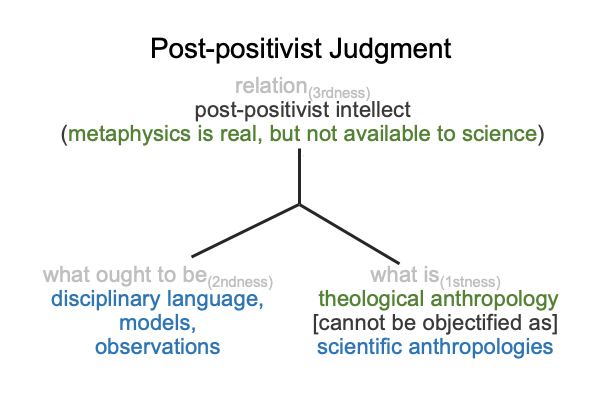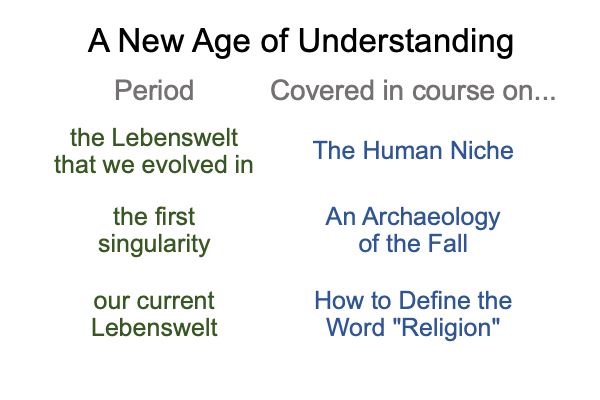Looking at Jeff Hardin’s Essay (2019) “Biology and Theological Anthropology” (Part 13 of 15)
0070 Our current Lebenswelt is filled with word games.
The same types of word games are recorded in the Bible.
The Bible offers a testimony to the formation, deformation and reformation of the word, “covenant”.
0071 Where, in modern inquiry into psyche and organization, do we see the word, “covenant”?
Is the term, “social contract”, the same?
Oh, the term, “social contract”, is not religious.
The term, “covenant”, sounds more religious.
What is a word game?
0072 A Course on How To Define the Word “Religion”, available at the smashwords website, concerns our current Lebenswelt.
The modern disciplines of psychology and sociology claim to be “not religious”.
Indeed, they purport to scientifically investigate religion, even though they are religions.
Say what?
It all depends on how one defines the word, “religion”.
0073 A Course on How To Define the Word “Religion” offers category-based tools for appreciating the nature of our current Lebenswelt. The term, “religion”, is grounded in the potential of meaning, presence and message. Meaning involves social construction. Presence requires a three-tiered model of our differentiated world. Message entails an actuality filled with unresolvable contradictions.
This course fleshes out a scientific anthropology that moves with theological anthropology, without violating what is in the Positivist’s judgment.


